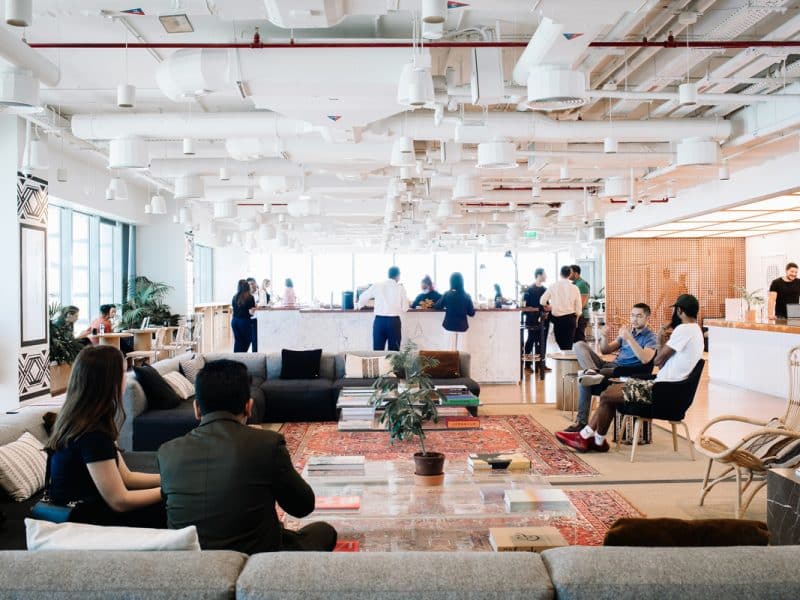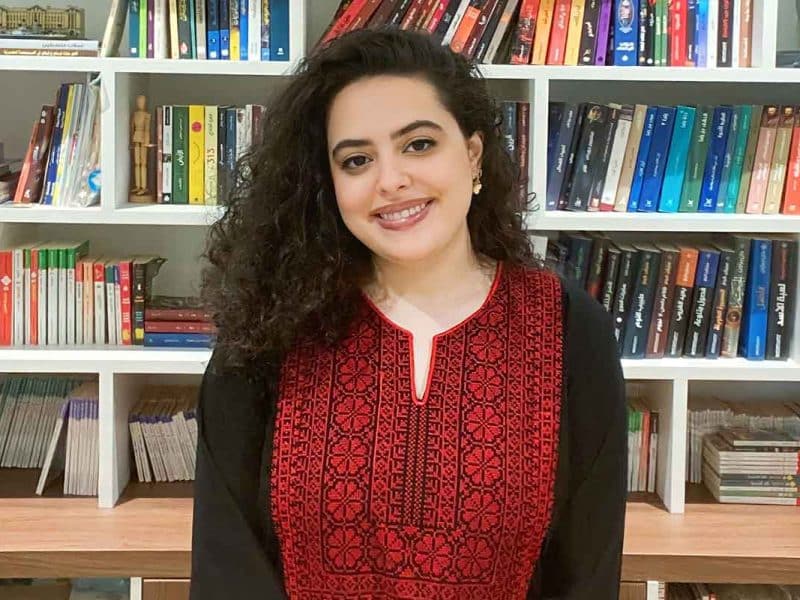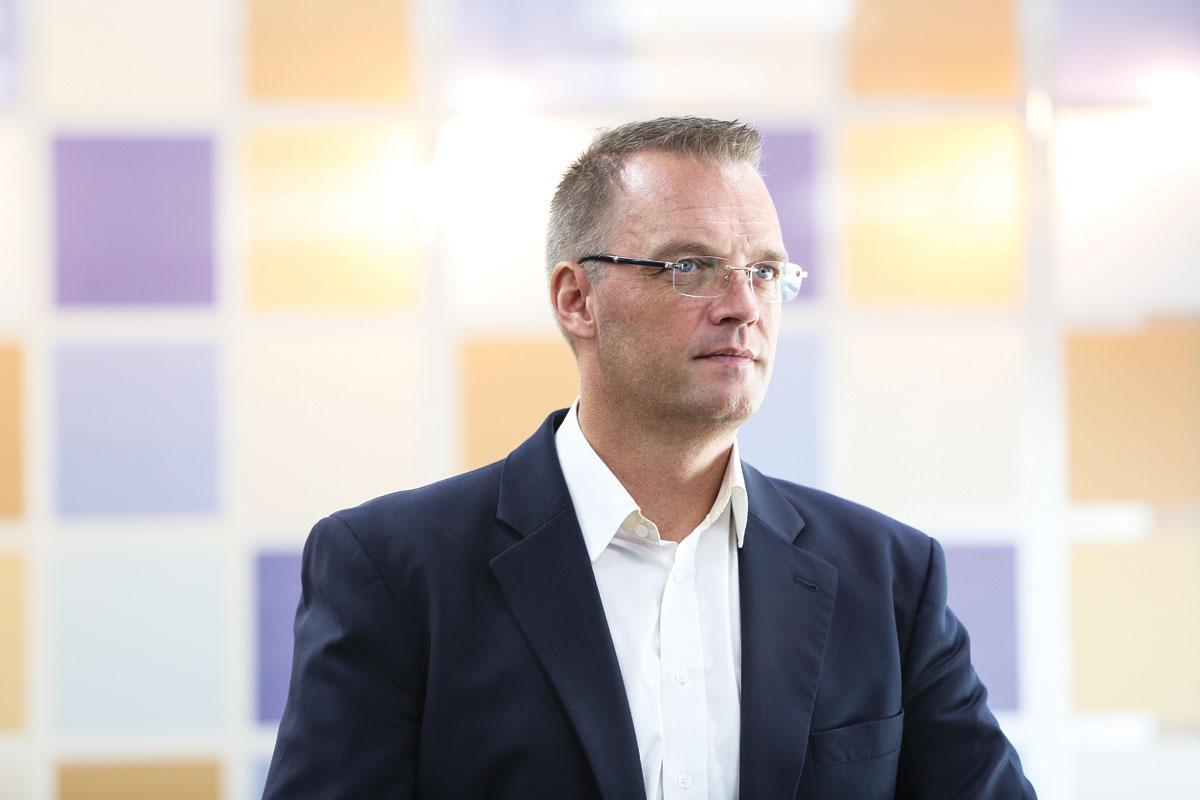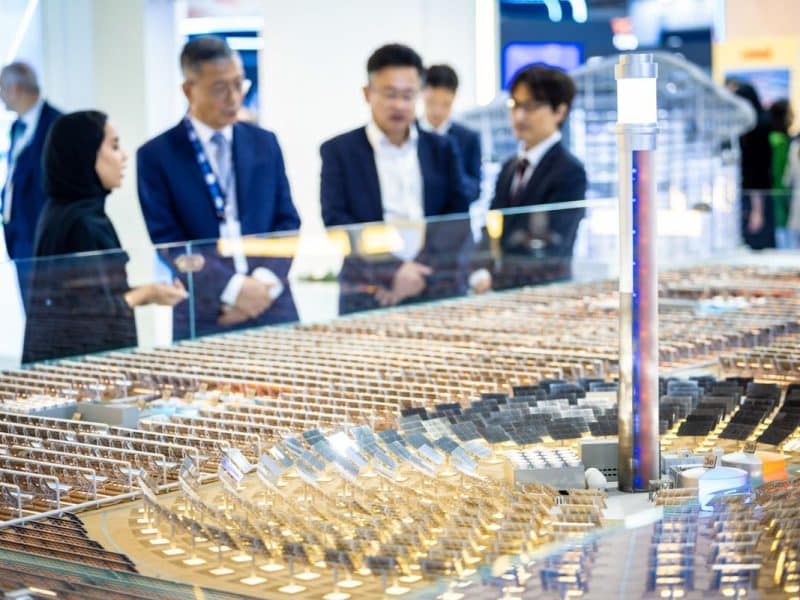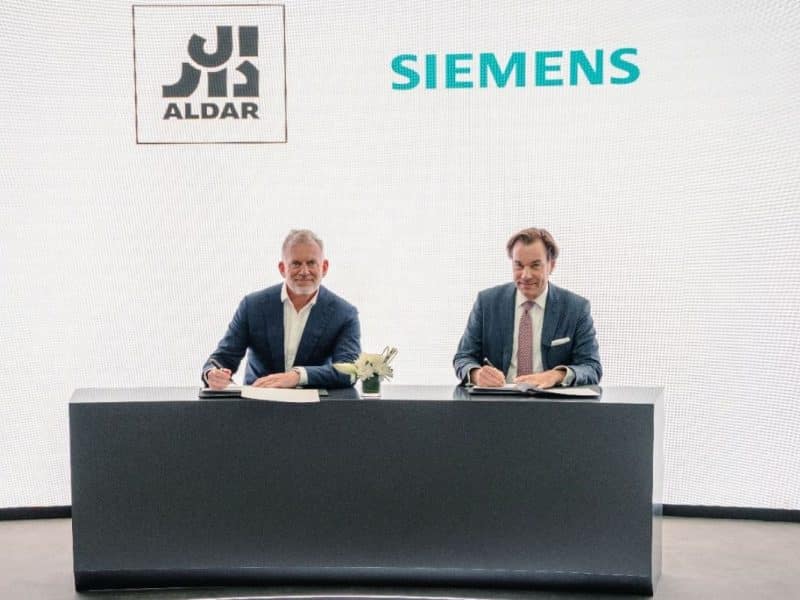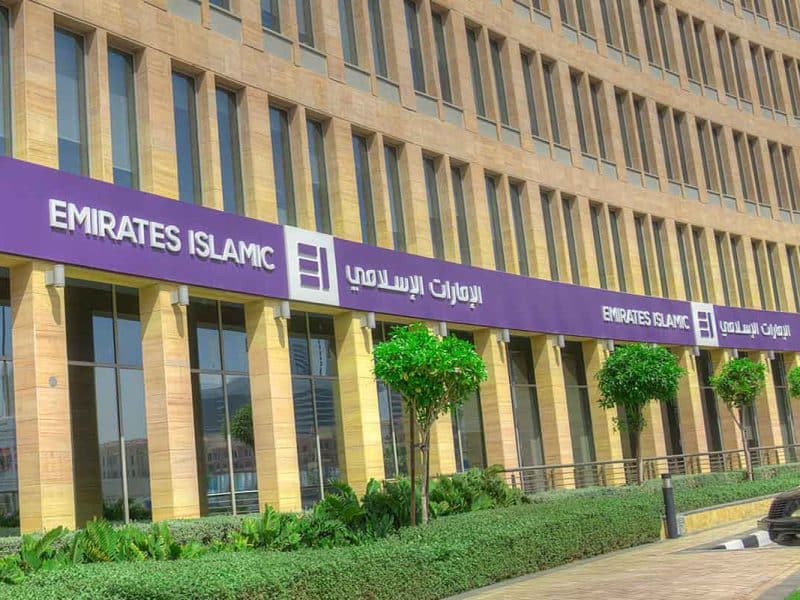Technology has long been at the top of the agenda for start-ups across the MENA region.
With more and more entrepreneurs racing to build the next big app, develop the latest robotic innovation, or find the most pressing tech solution, the sector across the Middle East and North Africa has blossomed.
The skills gap that has traditionally existed between the region and leading hubs such as the US and Europe is shrinking as entrepreneurs find new ways to create, collaborate and contribute to the global market.
Unsurprisingly, Dubai is at the forefront of this tech boom, capitalising on the emirate’s ruler Sheikh Mohammed’s declaration that 2015 be the ‘year of innovation’. Hubs, accelerators and incubators have taken the initiative and pushed entrepreneurs to stake their claim as being among the region’s new generation of leading business lights.
In January this year the Dubai Silicon Oasis Authority (DSOA) free zone launched a new initiative which has helped solidify its position as one of the most important pieces of this tech puzzle in the region.
The Dubai Technology Entrepreneurship Centre (DTEC) is a co-working space designed to support tech entrepreneurs not only with offices and desks, but a facility that helps in the exchange of experiences and knowledge, smoothens the set-up process, and potentially invests in the businesses under its roof.
The centre provides commercial licenses and visas, as well as three types of presence for businesses – a flex desk which can be rented for a year at AED6,000; a dedicated fixed desk for AED12,000; and an enclosed office, which starts at AED3,000.
Entrepreneurs will benefit from services including the obtaining of commercial licences, two residence visas, free hi-speed wi-fi, top-range facilities and meeting rooms, and much more.
The man leading the project is DSOA’s director of technology investment, Hans Henrik Christensen.
He explains that the centre is the result of a natural progression from the work of DSOA.
“A few years ago we started with incubation and we did some investments, which is still a very hands-on job for us,” he says.
“Then, a couple of years ago we started Silicon Oasis Founders (SOF) with our Silicon Oasis Capital, whereby we found a workable way to foster entrepreneurship and help entrepreneurs with money, mentorship, and good partners who could give accounting help, legal help, and so on.
“That came to fruition and we saw that we were good at it, so we decided that this was the way forward for us. We encountered companied that don’t always need funds, and don’t always need mentoring, but would still like to avail of subsidised trade licences and subsidised rent, and would like to be in a hub with like-minded entrepreneurs.
“Previously we had hosted some companies in our small incubator at RIT [Rochester Institute of Technology] but we decided we needed a much bigger space and a more sustainable mode.”
Visiting a number of hubs and co-working spaces around the world, Christensen and his team put together their plans for DTEC.
“We realised that you need to build a large space so that people can mingle, bump into each other and learn from each other, as well as buy goods and services from each other,” continues Christensen.
“This is what we’re doing right now with the centre.
“And of course there’s a larger objective for us. It’s not just an altruistic objective of helping entrepreneurs. Obviously we’d like to attract the next big thing – and also the next small thing – within technology, so we are trying to create an environment that can really help with that.
“This free zone provides things that other free zones cannot. You can actually live here. You can live, shop, go to school, work, do your recreation – everything. It’s a full ecosystem, and that will bring a lot of benefits.
“You can find like-minded start-ups in the same space that you can network with. You can find a network of service providers that can help support your individual needs.
“It’s a furnished office, it’s a very cool place, there’s high speed internet everywhere, and you don’t need to get DEWA or anything like that– it’s all taken care of. You can just start at the push of a button.”
As well as offering a co-working space, entrepreneurs can also apply to join the SOF incubator, though Christensen explains it’s a more difficult process to get accepted.
“It’s a slightly longer and tougher process, of course,” he says.
“There are stages of approval, and obviously we need to do due diligence on the company which takes time. And we don’t have unlimited funds for the incubator – we will plan to do about eight to 10 investments in a year.”
Investments is one of the major aspects of DTEC and Christensen explains that the incubator has accumulated 12 investments so far, with plan for another seven during 2015.
One notable investment this year was that of Melltoo – a Dubai-born peer-to-peer mobile marketplace for second hand items.
“We offer between $50,000 to $150,000 dollars, and we would take equity in the company,” continues Christensen.
“So we become your partner, we become your shareholder. And obviously we try to pick those investments where we really have a tangible benefit – a synergy of us being on board. So far that has worked really well.
“One of our first investments – Search In MENA – is selling at almost 12 times their original value. The have a valuation of $5 million, after $400,000 when they came in.”
Other companies associated with DTEC and SOF include online freelance network Nabbesh, online recruitment platform 2CVs.
“We have some very hot one in here now,” adds Christensen.
“There’s Feesheh, which is an online musical instrument platform that’s really taking off, and we’ve got ShortPoint, which is software that allows Microsoft SharePoint to be unitised much better.
“We tend to focus more on investment into ventures that could fairly quickly graduate from the incubator. Strategically we’ve looked at short-term incubation, but this is something we would like to move forward from now that we have a portfolio of companies.
“Now we can say ok, let’s try to do something slightly more complicated. Something that takes more time to come to fruition.
“And I must say that we’re not short of ideas. The deals in our pipeline are all very, very interesting, and we see that the valuation of the start-ups is going up, which is a very positive sign.
“It means we are aligning slowly to Europe, the US and Asia, which hitherto had been somewhat ahead of us, and it will mean that there will be even more entrepreneurs coming to this region to start a business and seek investment.”
It’s not just money that makes DTEC, SOF and DSOA in general look attractive to entrepreneurs.
The centre’s long list of top-end partners will, Christensen hopes, bring additional benefits to DTEC’s start-ups by providing unrivalled potential distribution channels.
“Our partners are incredible and very powerful,” he says.
“There’s Intel, SAP, Schneider Electric, Microsoft, GEMS, du, and Mashreq. So we have a bank, two of the world’s four largest software companies, and the largest chip maker in the world. It took three years to get that, and I don’t think anybody else can say they have the same quality of sponsors.
“There’s a lot you can do with these companies going forward. One thing I would like to do is set up incubation streams.
“For example, we could ask SAP what they would like to be built, and then we could send out the details to the entrepreneurs who would submit their ideas. Then eventually a development team can come in, finish off the product, test it with customers and if all goes well they’re spun into the organisation and can start selling to the 200 countries SAP are selling too.
“That’s what everybody is dreaming about – to have a distribution channel like that.”
Another wider benefit for DTEC entrepreneurs is the association with the Silicon Park smart city project being built in Silicon Oasis – a project which will not only be a boon to those living and working within it, but one which will inspire tech developments, and also require new innovations to be integrated into it.
“It’s a huge project,” says Christensen.
“It’s costing several hundred millions dollars, and it’s in the news everywhere.
“The way we live has a lot to do with the way we interact with each other, and technology and the buildings around us influence the way we interact with and live with each other. Silicon Park is going to be a new way of doing this.
“We would all like to live fairly guilt free if we can, so we will try to implement a lot of solar panels, optimise the buildings so they don’t use too much power, use intelligent waste management, and so on.”
Smart technology is, of course, one of today’s major tech talking points, but there are others which Christensen believes are equally important for the region.
“In this part of the world there’s still a lot to be done in the internet e-commerce space,” he suggests.
“I think on the logistical side as well, there’s a lot that can be optimised. And we are seeing great ideas popping up all the time.
“Then you have edu-tech, health-tech and green-tech. These are three huge areas that can be expanded upon. In all of those three areas robotics is big. It might not be robotics in the classic sense, but it could be micro-robotics – it could be a chip that can be planted into a widget or a gadget.
“In the health-tech area we see plenty of ideas like this, and it’s starting to become very popular. It’s still only scratching the surface of what can be done in making people more healthy.
“Another thing is big data – we’ve invested in a company that deals with big data – and last but not least we’ve also established a task force to deal with the Islamic economy. We want to cater for ventures that fulfil the objectives of the Islamic economy, especially when it deals with Arabic content.
“This free zone was actually established by decree, through Law 16, and it gives us the mandate to host companies and establish companies in hi-tech, green-tech and health-tech, so we will focus on these in the future.”
With so many rapid developments taking place, and the region yet to catch up with some other markets, I question whether Dubai in particular can afford to jump ahead at pace, or whether it will still need to make incremental changes over time.
“I love to quote Sheikh Mohammed when he was interviewed,” responds Christensen.
“What he’s trying to do normally takes 20 years, and he’s trying to do it in five, so the interviewers asked him ‘why do you want to do that? Why do you want to do it all not in 20 years, but in five?’
“And he said ‘why not?’ It’s very simple – I don’t think there’s any limit. You can jump certain stages – why not? For instance, in this free zone we didn’t have to put analogue line or copper line, we just went straight to fibre optics. It just cut out that whole developmental stage.”
Similarly to technology, entrepreneurship is developing quickly in the region.
A seasoned entrepreneur himself, Christensen built three companies, his first of which launched 20 years ago in South America, allowing him so see first-hand the changes that have been taking place.
“I was providing real time information by satellite because there was no real time on the internet then,” he says.
“Today you have so many tools that you didn’t have even 10 years ago. Things are moving quickly and this is definitely the space to be in at the moment.”
His other businesses – a mineral water company, and a company which sold access gateways to hotspots – meant that he was “burning the midnight oil” for eight years before entering the world of incubation.
“I had an incubator for Siemens ICN, which is why I got this ticket,” he explains.
“I was reporting to the board of Siemens ICN, which was responsible for 55,000, so that was great experience.”
It’s that experience, plus his tenure as an entrepreneur himself, which put him in a position to drive DTEC forward.
Only a few months into its existence the facility has proved popular, and with more than 350 work-stations, and capacity for between 500 to 1,000 entrepreneurs, it could quickly turn into a powerhouse of the growing tech sector.
“The offices sold out in no time, and for the flexi-desks we already have 110 companies, having only started in January,” says Christensen.
“Right now it’s the largest co-working space in the MENA region for technology, but if we fill up this who space then we could build more offices.
“This is 20,000 square metres of space, so we could expand into the building, but there’s a possibility to grow as well.”
It’s a statement of intent from Christensen, whose confidence not only in the facility, but in the region’s tech scene, is as high as ever.
With such a strong ecosystem in place, don’t be surprised if you start to see a number of high-profile investments and developments emerging from DTEC in the coming months and years.

